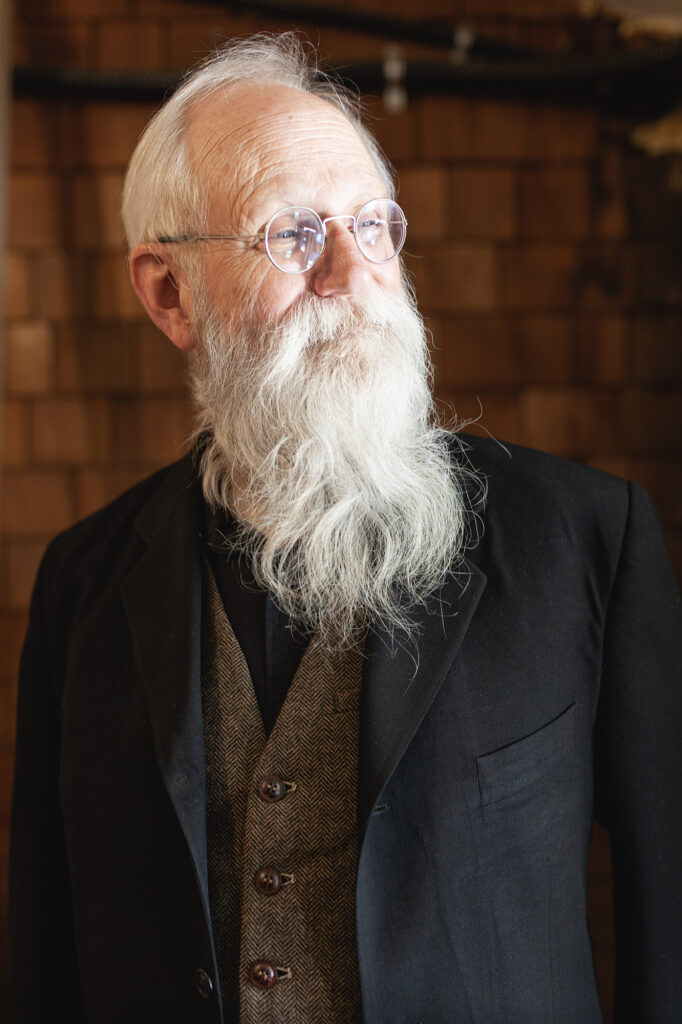Am leuchtenden Sommer Morgen, was composed by Robert Schumann to a poem by Heinrich Heine as part of a series of songs called Dichterliebe, or the Love of a Poet. Schumann did well to employ Heinrich Heine, the foremost Romantic poet of that era. I write about it now because I rehearsed the poem in my head this early morning while I wandered in my garden, just as the rising sun shone through the trees, dappling the spring flowers and foliage with light. In Richard Stokes’ translation, the word “leuchtenden” does mean bright, but I would choose radiant because that’s how I feel when the crystalline light appears in that quiet early time of the day. Schumann fills the picture in with descending notes on the piano that suggest morning dew. Or are they tears? That’s for us to decide. The story is that our poet has been rejected by his lover and he turns to nature for consolation.
Am leuchtenden Sommermorgen
One bright summer morning
Geh’ ich im Garten herum.
I walk around the garden.
Es flüstern und sprechen die Blumen,
The flowers whisper and talk,
Ich aber wandle stumm.
But I walk silently.
Es flüstern und sprechen die Blumen,
The flowers whisper and talk,
Und schau’n mitleidig mich an:
And look at me in pity:
“Sei unsrer Schwester nicht böse,
”Be not angry with our sister,
Du trauriger, blasser Mann.”
You sad, pale man.”
I was 19 when I first encountered this song in a recording with Lotte Lehmann, soprano, and Bruno Walter, piano. It was widely criticized because the poem is clearly about a man. I didn’t care because a woman is equally able to express the meaning of the poem. Indeed, Mme. Lehmann wrote a guide on how to sing it. She wrote: “Take up immediately with your whole body the melody of the accompaniment which has the fragile quality of falling dewdrops…It is the flowers who speak, so you must sing with an unearthly, floating quality…Remain under the spell of this enchanting music until the postlude has faded away.”
There are many delightful recordings. My friend, the pianist Steven Silverman, recommended to me the recording of Dietrich Fischer-Dieskau, baritone, and Vladimir Horowitz, piano. Fischer-Dieskau sings sotto voce with telling emphasis on certain words. Horowitz masterfully bends the slow rhythm to suggest those dewdrops or tears. They both created a spell of enchantment that Lotte Lehmann so wished her followers to seek.

